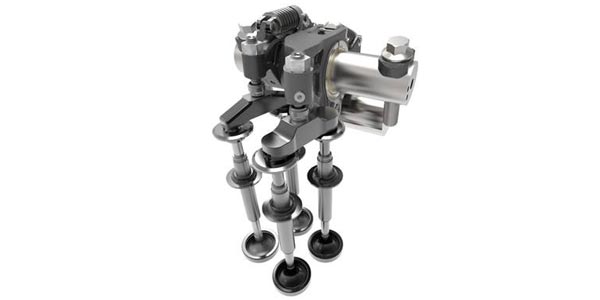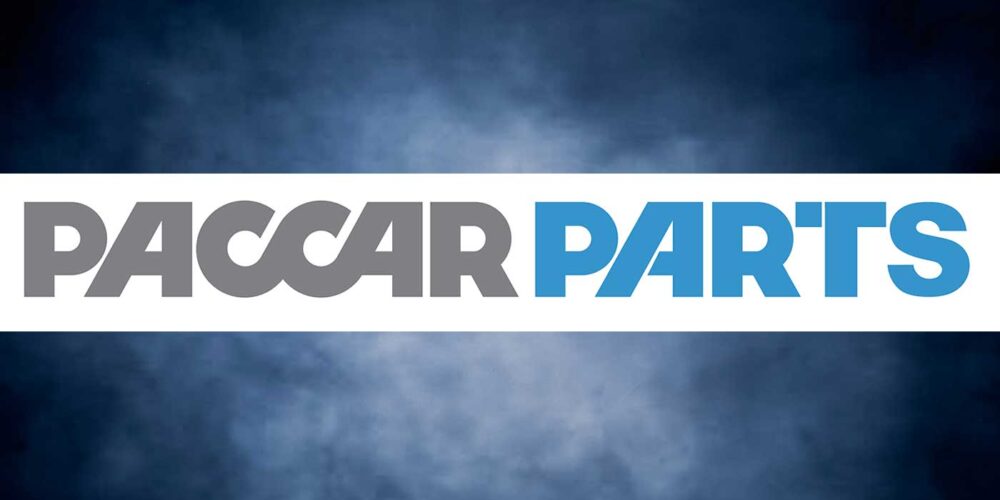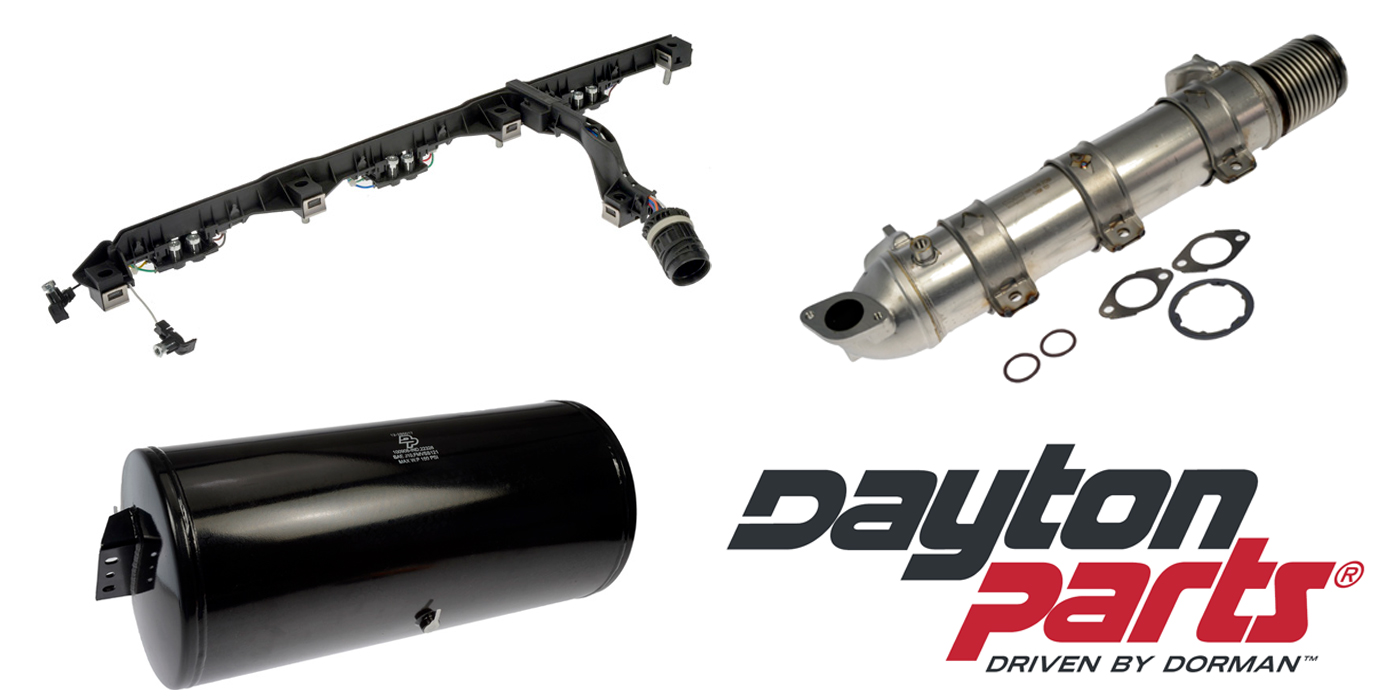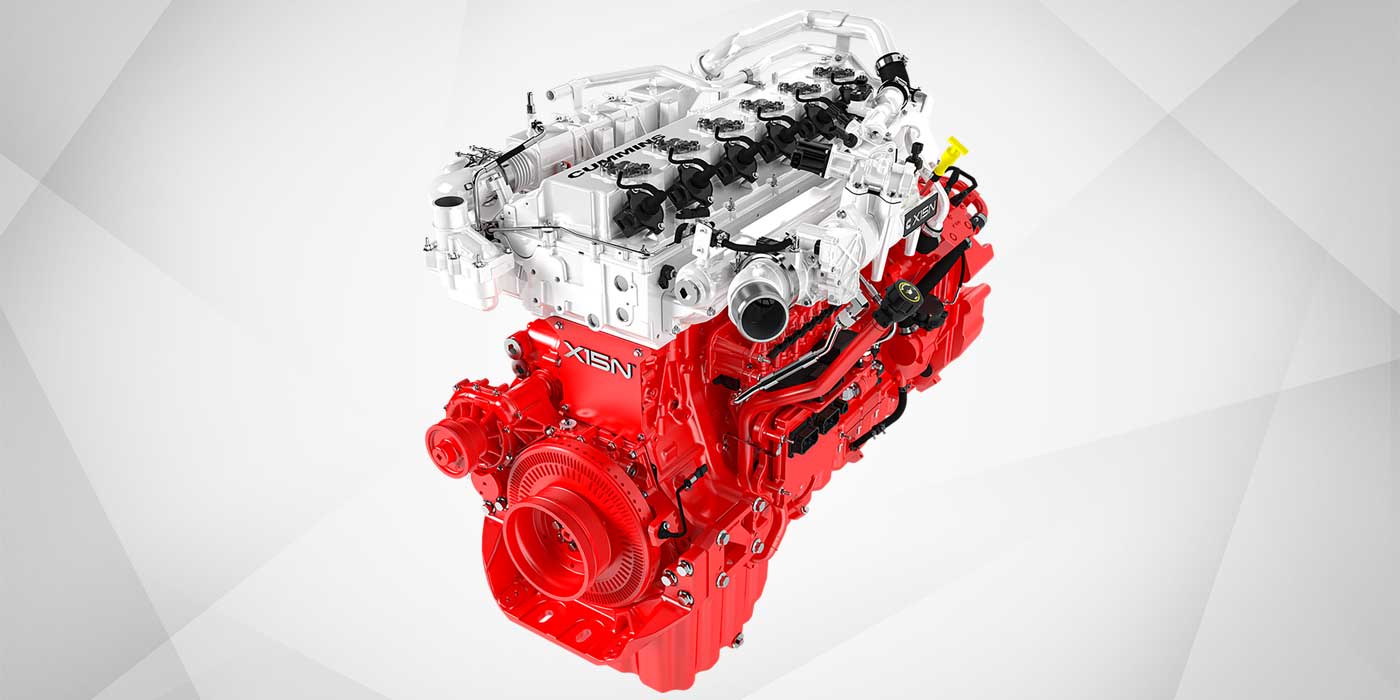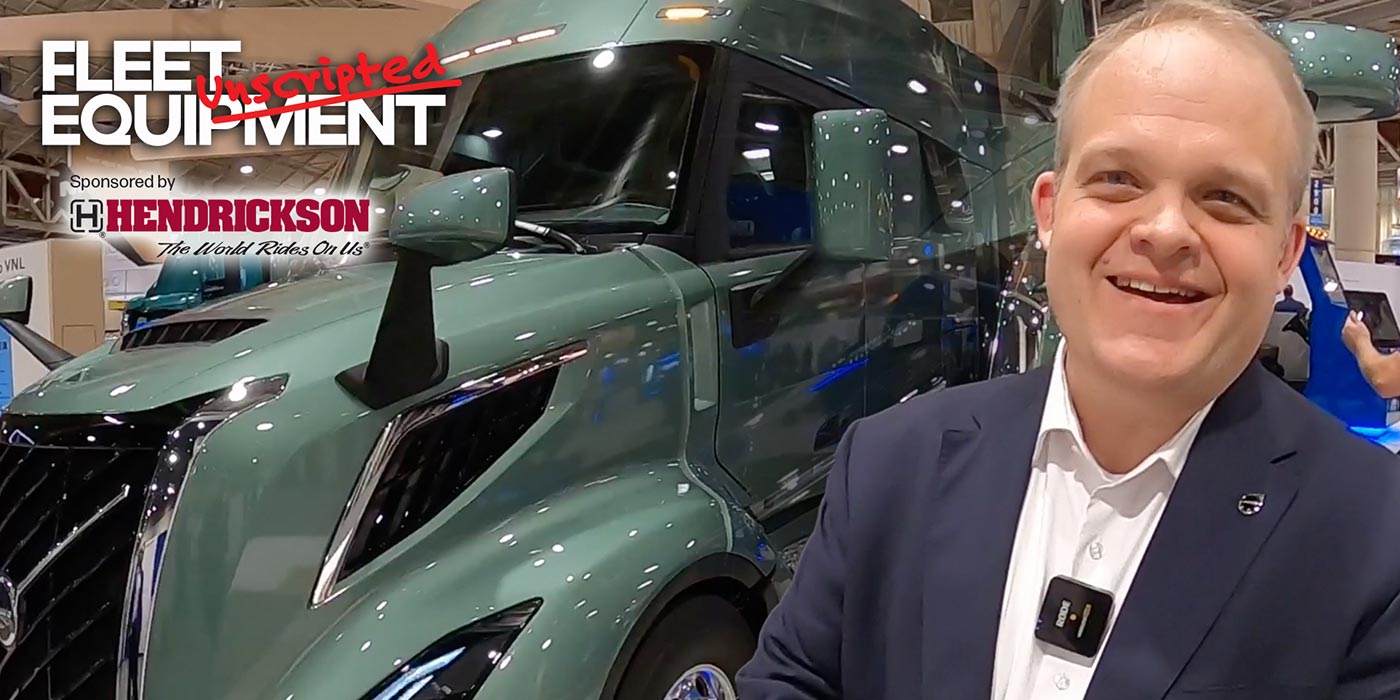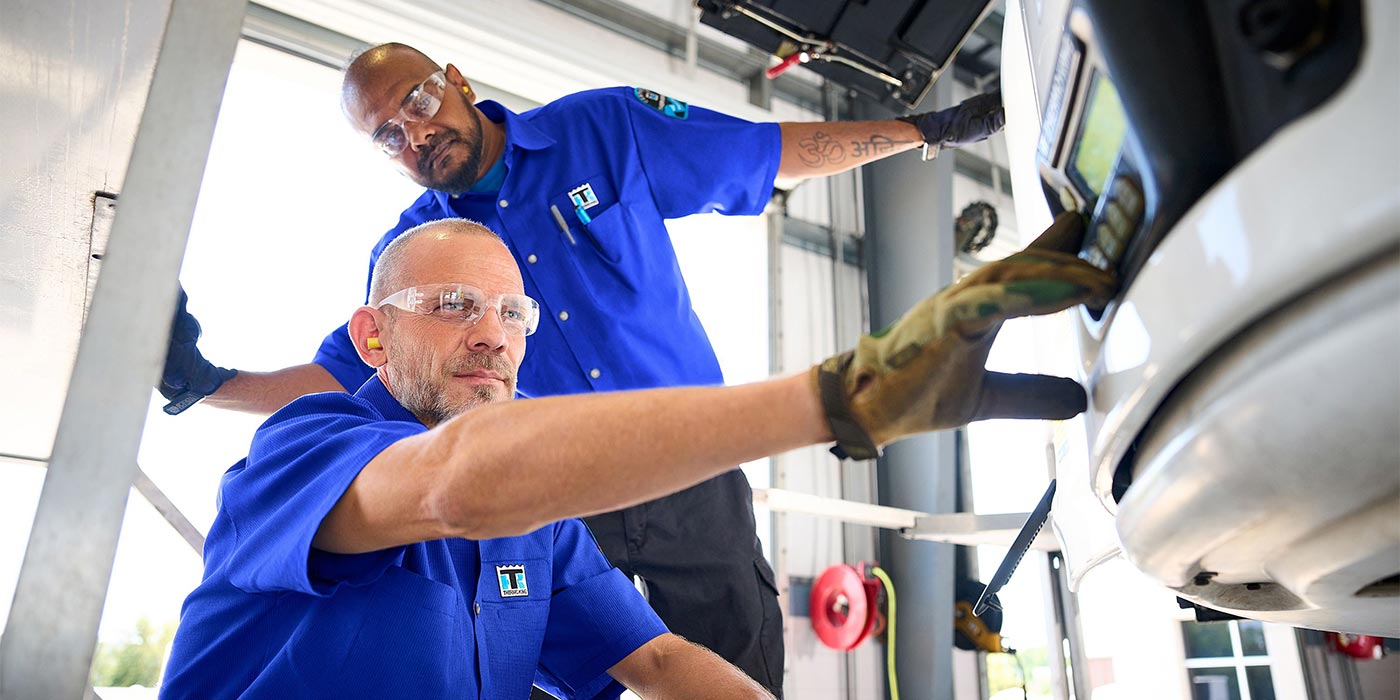Eaton’s vehicle group has demonstrated cylinder deactivation (CDA) as an effective technology for meeting future global emissions requirements for diesel-engine powered commercial vehicles, the company says. In a press release, Eaton explained that, to date, the technology has been evaluated with a close-coupled selective catalytic reduction (SCR) aftertreatment system with and without a 48-volt electric heater.
New emissions regulations spearheaded by the California Air Resources Board (CARB), U.S. Environmental Protection Agency (EPA) and European Commission (EC) are slated for adoption in coming years. These agencies, in concert with other national and international regulators, seek to significantly reduce greenhouse gas (GHG) emissions and harmful air pollutants produced primarily by heavy-duty trucks, vans and buses.
Rapid catalyst warm-up essential
Eaton partnered with the Southwest Research Institute (SwRI), one of the oldest and largest independent, nonprofit, applied research and development organizations in the U.S., to demonstrate the feasibility of its Vehicle Group’s technology. The findings demonstrate that using CDA and a close-coupled SCR catalyst reduced both nitrous oxide (NOx) and carbon dioxide (CO2) emissions with fuel consumption savings of up to 40% at idle, Eaton stated.
Previous results utilizing CDA and a close-coupled SCR catalyst demonstrated compliance to forthcoming U.S. regulations for NOx and CO2 emissions for diesel commercial vehicles. Testing with the new low-load cycle (LLC) resulted in a 5% drop in CO2 while dramatically reducing NOx. The assessment was developed by CARB to replicate real-world urban tractor and vocational vehicle operations at low engine loads.
Eaton’s 2021 testing with SwRI showed further advancement, dropping NOx levels by 99.4% on the composite federal test procedure (FTP) and lowering the LLC NOx to well within current guidelines. Notably, using the same aftertreatment system with the addition of a 48-volt electric heater located upstream of the SCR further achieved a reduction in CO2.
CDA technology can benefit vehicle manufacturers facing tightening emissions standards in Europe as well. The next set of requirements, known as Euro VII for heavy-duty trucks, is targeted for the second part of the decade. In the U.S., CARB is introducing more stringent regulations as soon as 2024, while the EPA has circled 2027 to begin applying stricter emissions limits on new-model heavy-duty vehicles. Collectively, these standards are designed to reduce tailpipe NOx emissions up to 90%, accelerating the need for global engine manufacturers to employ additional emissions-reduction strategies such as electric catalyst heating. This technology is an example of how Eaton is progressing toward achieving its 2030 Sustainability Targets. By 2030, the company aims to reduce emissions from its solutions and throughout its value chain by 15%.

